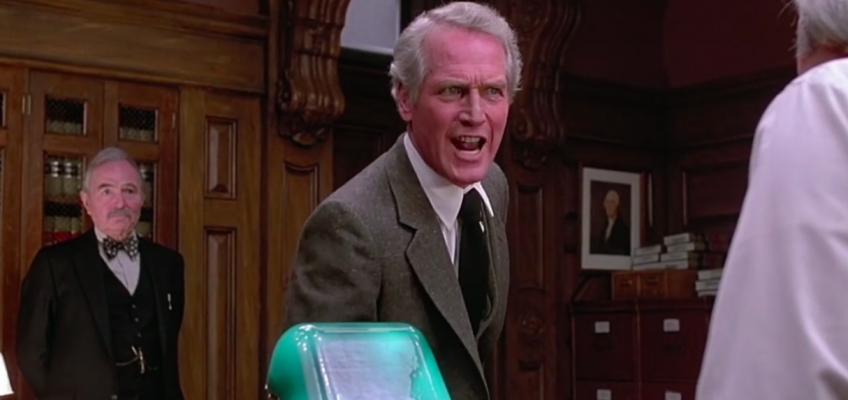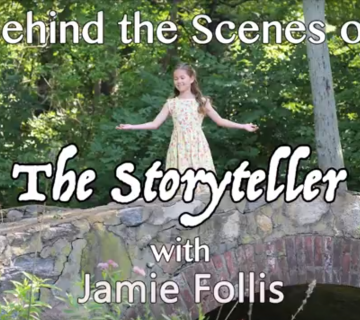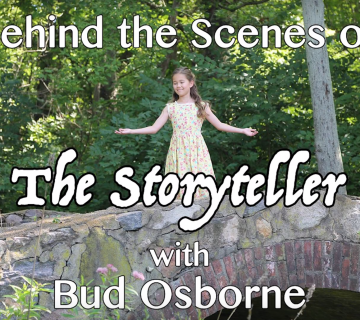Ever wonder how the actors in your favorite movies come up with those magical moments that make the whole thing seem real? Well, sure, great actors are spontaneous and unpredictable and able to live in the moment, but in most cases they undergo a process of discovery before fully embodying their characters. How so, you ask? Through rehearsals.
My favorite description of the rehearsal process and why it’s so important comes from Sidney Lumet’s book, Making Movies. Sidney Lumet, for the youngsters in the crowd, is of course the visionary director behind classics like 12 Angry Men, Long Day’s Journey Into Night, Serpico, Dog Day Afternoon, and many more. In his book he explains that he will ”generally hold rehearsals for a period of two weeks. Depending on the complexity of the characters, we sometimes work longer – four weeks on Long Day’s Journey Into Night, three weeks on The Verdict.” Clearly not a process afforded most independent directors. But the process itself is a master class in directing. Lumet would spend two-three days with the cast around a table, simply discussing the script to figure out it’s central theme. Then delve into each character, each scene, each line. Then the first complete read-through, full of discoveries and spontaneity and instinct. Then breaking the script down even more, with emphasis on important scenes between lead actors, and then another complete read-through. This time not nearly as exciting as the first, because, as Lumet puts it, ”instinct wears out quickly in acting, because of repetition.”
So how do ensure a fresh, emotionally truthful performance take after take? You substitute instinct with technique and use different actions in your performance to get the same response that you got from your first, uninhibited take – all based on the discoveries made in rehearsals.
But how can you make the most of the (most likely) limited rehearsal time available to you on an indie production? In the case of The Storyteller it was a matter of technology and priority.
Rehearsals were always a priority for Joe. He really wanted to have time with the actors well in advance of the shoot to start discussing the characters and building relationships and chemistry and comfort between them, so that when they got to set they would feel fully prepared to jump into the scenes. We initially did Skype rehearsals individually and in pairs. Joe talked with the actors about the character and the script, got into the nuances of character and arcs and story, and then we did one day of in-person rehearsals in LA where we actually stepped through each of the scenes with the actors and got them together and working. – Rachel Noll, Producer of The Storyteller
Skype is a great way to cover great distances without the cost of airtravel. Your producer will thank you for the dollars saved and your actors will thank you for taking the time to get into every little detail in the script ahead of shooting, even if lengthy in-person rehearsals aren’t an option.
The second trick to making the most of your rehearsals is to be structured enough to make time for discoveries. Sound like a contradiction? Consider this: If you put a bunch of strangers in a room and tell them to act, what you get is a noisy mess of personalities trying to find their place in the group. It’s human psychology. As a director you need to take control and make it clear which scenes are being rehearsed and why. Once the actors have a framework to operate within, they can leave their insecurities or egos behind and focus on making those discoveries.
And if you have the luxury of a long rehearsal period – is there such a thing as rehearsing too much?
I dont think so. I come from a theater background where rehearsal is everything, so I may be biased, but I think that preparation and time to think and discover can only help. – Rachel Noll, Producer on The Storyteller
The lesson to be learned here is, that even if your rehearsal time is limited to a number of Skype conversations and one day of walking through scenes, don’t assume that you can just as easily get the same results without rehearsing and while on set. In another anecdote from Sidney Lumet he recalls rehearsing with Paul Newman for The Verdict: ”At the end of two weeks of rehearsal … there were no major problems. In fact, it seemed quite good. But somehow it seemed rather flat …We hadn’t quite reached the emotional level we both knew was there in David Mamet’s screenplay … There was a certain aspect of Frank Galvin’s character that was missing so far. I told him that I wouldn’t invade his privacy, but only he could choose whether or not to reveal that part of the character and therefore that aspect of himself … On Monday, Paul came into rehersal and sparks flew.”
Foregoing the rehearsal process may seem like a bold and spontaneous move, but it actually just allows your actors to play it safe. Instead, force them to discover and make choices before you get on set.









Join the Conversation →